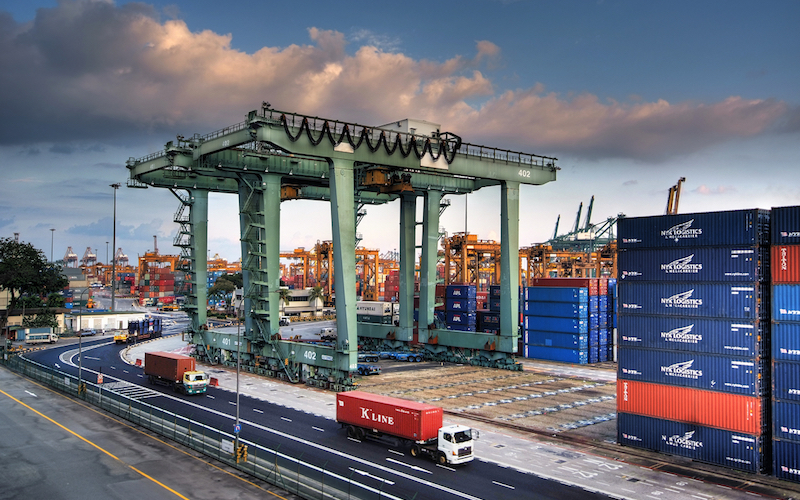
The ADB: Advocating for more Middle and Rising Power Influence
The Asian Development Bank’s (ADB) mission is to lift the 1.7 billion people in the Asia-Pacific out of poverty. It provides services to developing member countries and has implemented some of the largest developmental projects in Asia, though not without controversy. The NGO Forum on ADB (the leading ADB watchdog), states, “ADB as a neo-liberal institute continues to promote the neo-liberal model of development, which benefits the rich and middle-income people rather than poor.” The main barriers to effectiveness for the ADB are the major power members, like Japan and the U.S. holding too much influence in the ADB. Our solution is a coalition of middle and rising powers to offset the major powers.
Since the ADB’s inception Japan has been consistently the largest donor-country in Asia and all ADB’s presidents have been Japanese. At times Japan has been mentioned as using the ADB as a political tool. Japan’s continual leadership and the impact of donations from other rich-world countries, in particular the United States, has created an unequal playing field in regards to the direction of the ADB for its other member countries. Voting for influence in the ADB is proportionate to contributions from each country. Japan and the U.S. each control 15.6% of the voting rights, a very high amount considering there are sixty-seven ADB member countries.
Some suspect that China’s new announcement of its own multilateral development bank, the Asia Infrastructure Investment Bank, and possible rival to the ADB, was created because it was disappointed with the ADB’s lack of leadership change. The ADB will not have to come up with any upfront cost to form or maintain the coalition.
The coalition cost will fall onto the middle powers because it will require more funding to increase their shareholdings. Rising powers, China and India, with growing economies have the capabilities to provide more. The cost of the ADB coalition is transferred from the major powers to middle and rising powers. This means major powers would contribute less funding to the ADB. This burden sharing in the ADB will lessen the major power’s influence and carry over to the other powers.
A middle and rising power coalition could create deadlock, which at first appears troublesome because it could create cumbersome bureaucracy, however it is actually positive. Deadlock is a check on the major powers, lessening them from using the ADB as a political tool for their dirty laundering acts. For example, Japan’s act has been its response “to wind back the ADB’s operations in China where projects might inadvertently support military development.” A coalition does not mean that the ADB’s work would be minimized due to ineffectiveness, but that they would have more cooperative decision-making processes to benefit more countries.
Once middle and rising powers have the opportunity for their voice to be heard in the ADB, they could use their influence to sway other countries to counter the major powers. Take the current Ukraine crisis: the International Monetary Fund (IMF) created a loan package to fix its economic problems, though Brazil, a middle power and IMF member, heavily criticized it for being a response to the U.S. and Europe’s political agenda. This event should be taken as a model for ADB’s middle and rising powers to contribute more funds; therefore their criticism would be weighed more heavily.
Our solution for implementation must begin with a change in leadership. The presidential post requires the candidate to be from a regional member state; the ADB should also require the president to be from a different country every presidential term. This is a top-down approach that could give other regional members more influence in the ADB which historically has been Japanese-led in budget/personnel, strategy and treasury. The implementation process should begin at the end of the current president’s term, expiring in 2018.
The new president should advocate for a different structure of member state contribution similar to the IMF quotas, which each country is assigned to contribute based on its economic position in the world. The IMF formula weighs the country’s GDP, openness, economic variability, and internal reserves based on a certain percentage. The quotas determine how much a country contributes to the IMF, their voting powers, and access to finance (amount of loans a country can borrow). Switching to a quota system would get to the core of the barrier to effectiveness because it prevents the major powers from over-funding to gain more voting shares.
Just like the IMF, the ADB should re-evaluate the quota systems every few years to remain effective. However long it takes, the first steps should be more involvement from middle and rising powers through change, in monetary contributions and change, in the rules of the ADB leadership.

